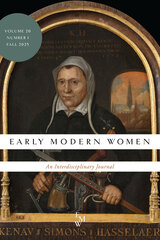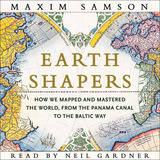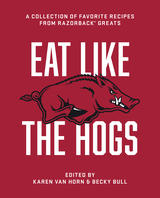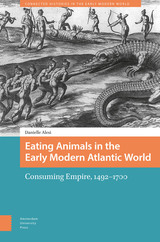2 books about Moral Argument
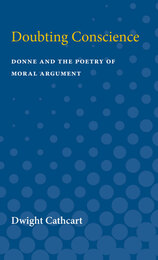
Doubting Conscience
Donne and the Poetry of Moral Argument
Dwight Cathcart
University of Michigan Press, 1975
Solemnly or frivolously, the men and women of Donne's poetry argue the question: What are we to do? Should we weep? Should we make love? They confront a central moral dilemma of the human condition: the contrary demands of the laws of God, nature, or man set against the demands of the unique situation in which the speakers find themselves.Donne's poetry, then, is a poetry of argument—a fact that has been noted by other critics. The brilliance of Cathcart's study lies in its identification and close analysis of the particular kind of argument encountered in the poetry. Donne's speakers, wanting to be in harmony with the general order but stymied because that order is unclear and not reflected in the unique situation, need a particular instrument to reconcile the conflict. That instrument, long familiar to students of moral theology, is casuistry: a method of reasoning and a habit of thought aimed at the resolution of a doubting conscience.By considering Donne's Songs and Sonnets in light of the methods of 16th- and 17th-century casuists, Cathcart demonstrates that, more clearly than any other collection of poems from the Renaissance, these are poems whose motive, subject, structure, setting, tone, and premises are those of moral argument. Not only does this approach relate Donne's thought to the major lines of post-Reformation and post-Tridentine casuistry, it also illuminates the special force of Donne's images and metaphors, the special tone and private ironies embedded in his poetry. Explicating his subject with consistent lucidity and wit, Cathcart has provided an essential work for the study of John Donne and his era.
[more]
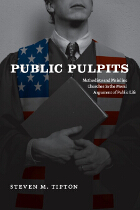
Public Pulpits
Methodists and Mainline Churches in the Moral Argument of Public Life
Steven M. Tipton
University of Chicago Press, 2008
Since the 2000 presidential election, debate over the role of religion in public life has followed a narrow course as pundits and politicians alike have focused on the influence wielded by conservative Christians. But what about more mainstream Christians? Here, Steven M. Tipton examines the political activities of Methodists and mainline churches in this groundbreaking investigation into a generation of denominational strife among church officials, lobbyists, and activists. The result is an unusually detailed and thoughtful account that upends common stereotypes while asking searching questions about the contested relationship between church and state.
Documenting a wide range of reactions to two radically different events—the invasion of Iraq and the creation of the faith-based initiatives program—Tipton charts the new terrain of religious and moral argument under the Bush administration from Pat Robertson to Jim Wallis. He then turns to the case of the United Methodist Church, of which President Bush is a member, to uncover the twentieth-century history of their political advocacy, culminating in current threats to split the Church between liberal peace-and-justice activists and crusaders for evangelical renewal. Public Pulpits balances the firsthand drama of this internal account with a meditative exploration of the wider social impact that mainline churches have had in a time of diverging fortunes and diminished dreams of progress.
An eminently fair-minded and ethically astute analysis of how churches keep moral issues alive in politics, Public Pulpits delves deep into mainline Protestant efforts to enlarge civic conscience and cast clearer light on the commonweal and offers a masterly overview of public religion in America.
Documenting a wide range of reactions to two radically different events—the invasion of Iraq and the creation of the faith-based initiatives program—Tipton charts the new terrain of religious and moral argument under the Bush administration from Pat Robertson to Jim Wallis. He then turns to the case of the United Methodist Church, of which President Bush is a member, to uncover the twentieth-century history of their political advocacy, culminating in current threats to split the Church between liberal peace-and-justice activists and crusaders for evangelical renewal. Public Pulpits balances the firsthand drama of this internal account with a meditative exploration of the wider social impact that mainline churches have had in a time of diverging fortunes and diminished dreams of progress.
An eminently fair-minded and ethically astute analysis of how churches keep moral issues alive in politics, Public Pulpits delves deep into mainline Protestant efforts to enlarge civic conscience and cast clearer light on the commonweal and offers a masterly overview of public religion in America.
[more]
READERS
Browse our collection.
PUBLISHERS
See BiblioVault's publisher services.
STUDENT SERVICES
Files for college accessibility offices.
UChicago Accessibility Resources
home | accessibility | search | about | contact us
BiblioVault ® 2001 - 2025
The University of Chicago Press


